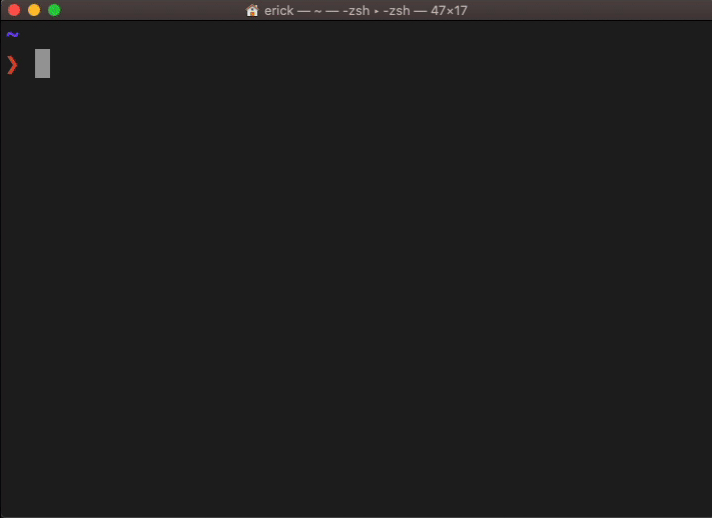Kubernetes cli tool kubectl is pretty useful but when I need to execute some tasks many times during a work day it could be too verbose. So I wrote some bash functions to handle a few common tasks I use often.
I used the power of fzf to create an interactive experience when I run any of these functions. Basically it pipes the output of a kubectl command, make some filtering using sed and awk and then build a final command which will execute what I want.
The common behavior of these functions is first ask for a namespace and then ask for a specific pod to make some action over its.
We can see an example of how it works in the image below:

Open a shell or a custom command inside a pod
If we execute pod_shell without any argument it will connect to the selected pod and run bash, otherwise it will run the given command.
function pod_shell {
local namespace=`kubectl get ns | sed 1d | awk '{print $1}' | fzf`
local pod=`kubectl get pods -n $namespace | sed 1d | awk '{print $1}' | fzf`
echo "Connecting to $pod"
if [ -z $1 ]
then
kubectl -n $namespace exec -ti $pod bash
else
kubectl -n $namespace exec -ti $pod $1
fi
}Run a proxy over a pod
Same as the previous function but this one ask for a port mapping, for example 9999:5432 will map the port 9999 from the host machine to 5432 port on the pod.
function pod_proxy {
local namespace=`kubectl get ns | sed 1d | awk '{print $1}' | fzf`
local pod=`kubectl get pods -n $namespace | sed 1d | awk '{print $1}' | fzf`
local port_mapping
echo "Enter port mapping using the form local_port:pod_port"
read port_mapping
echo "Setting up proxy to $pod on $port_mapping..."
kubectl port-forward -n $namespace $pod $port_mapping
}See realtime logs for a given pod
This one just ask for a pod and attach a kubectl log command.
function pod_logs {
local namespace=`kubectl get ns | sed 1d | awk '{print $1}' | fzf`
local pod=`kubectl get pods -n $namespace | sed 1d | awk '{print $1}' | fzf`
echo "Showing logs for $pod"
kubectl -n $namespace logs -f $pod
}Change context
Switch between configured contexts
function k8s_change_context {
local context=`kubectl config get-contexts --output='name' | fzf`
echo "Changing to $context"
kubectl config use-context $context
}These are some common tasks I need for a day of work but with the same logic we can build some other commands.